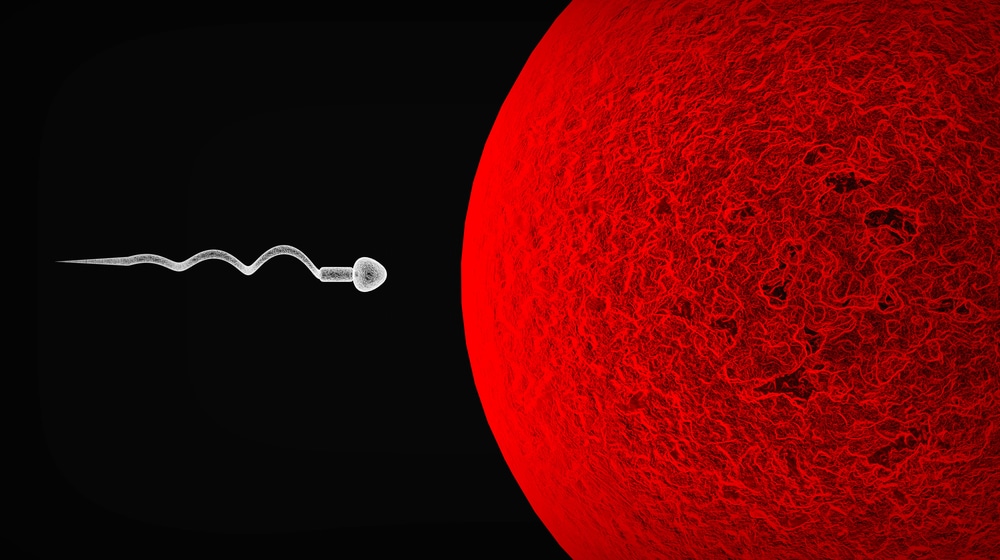A Dutch man suspected of fathering between 550 and 600 children in the Netherlands and other countries has been ordered by a district court to immediately stop donating to sperm banks. The 41-year-old, Jonathan Jacob Meijer, was originally barred from donating sperm to fertility clinics in the Netherlands in 2017 after it was discovered that he had fathered more than 100 children. However, he reportedly continued to donate sperm both abroad and online, listing himself as a donor on different international databases and even going so far as to use a different name when providing donations. Since then, he has fathered hundreds more children. If Meijer violates the court order and attempts to donate sperm again, he could be fined more than $100,000.
Dutch Donors Prohibited from Fathering More than 25 Children
Dutch clinical guidelines specifically prohibit sperm donors in the Netherlands from fathering more than 25 children in 12 families. However, judges say that Jonathan Jacob Meijer has fathered hundreds of children since he began donating his sperm in 2007. The potential fallout from Meijer’s actions prompted DonorKind Foundation, an organization devoted to protecting the rights of donor children, to bring a suit against him in civil court. A district court in The Hague found that Meijer, dubbed a “serial donor,” deliberately misled and misinformed hundreds of women by lying about the number of children he had already fathered and increasing the risk of his offspring accidentally engaging in incest.
Meijer, who lives in Kenya, is believed to have donated semen to at least 13 fertility clinics, including 11 in the Netherlands, and others in Denmark and Ukraine. The reason sperm donors in the Netherlands are asked to limit the number of times they donate is to reduce the risk of siblings accidentally and unknowingly coupling and producing children together, which can lead to genetic abnormalities and other problems.
Kinship Network is “Much Too Large”
“The point is that this kinship network with hundreds of half-brothers and half-sisters is much too large,” said a spokesman for the district court. The court ordered Meijer to provide a list of the fertility clinics he used in other countries and write a request that they destroy any samples they have of his semen. Unfortunately, the families who were misled by Meijer and used his sperm to have children now have to worry about how their children may be affected by Meijer’s actions. “When I think about the consequences this could have for my child I am sick to my stomach,” the plaintiff in the civil suit, Eva, who gave birth to one of Meijer’s children in 2018, said earlier this year. “Going to court is the only way to protect my child.”
The district court’s ruling “prohibits the defendant from donating his semen to new prospective parents after the issuing of this judgment.” Meijer is also no longer permitted to “advertise his services to prospective parents or join any organization that establishes contact between prospective parents,” the court stated. “All these parents are now confronted with the fact that the children in their family are part of a huge kinship network, with hundreds of half-siblings, which they did not choose.”
Fertility Scandals in the Netherlands
This is not the first fertility scandal to hit the Netherlands in recent years. In 2019, DNA testing revealed that a Dutch fertility doctor accused of using his own sperm to inseminate patients without their consent fathered nearly 50 children. The test results were released two years after the doctor’s death in 2017 at the age of 89.


